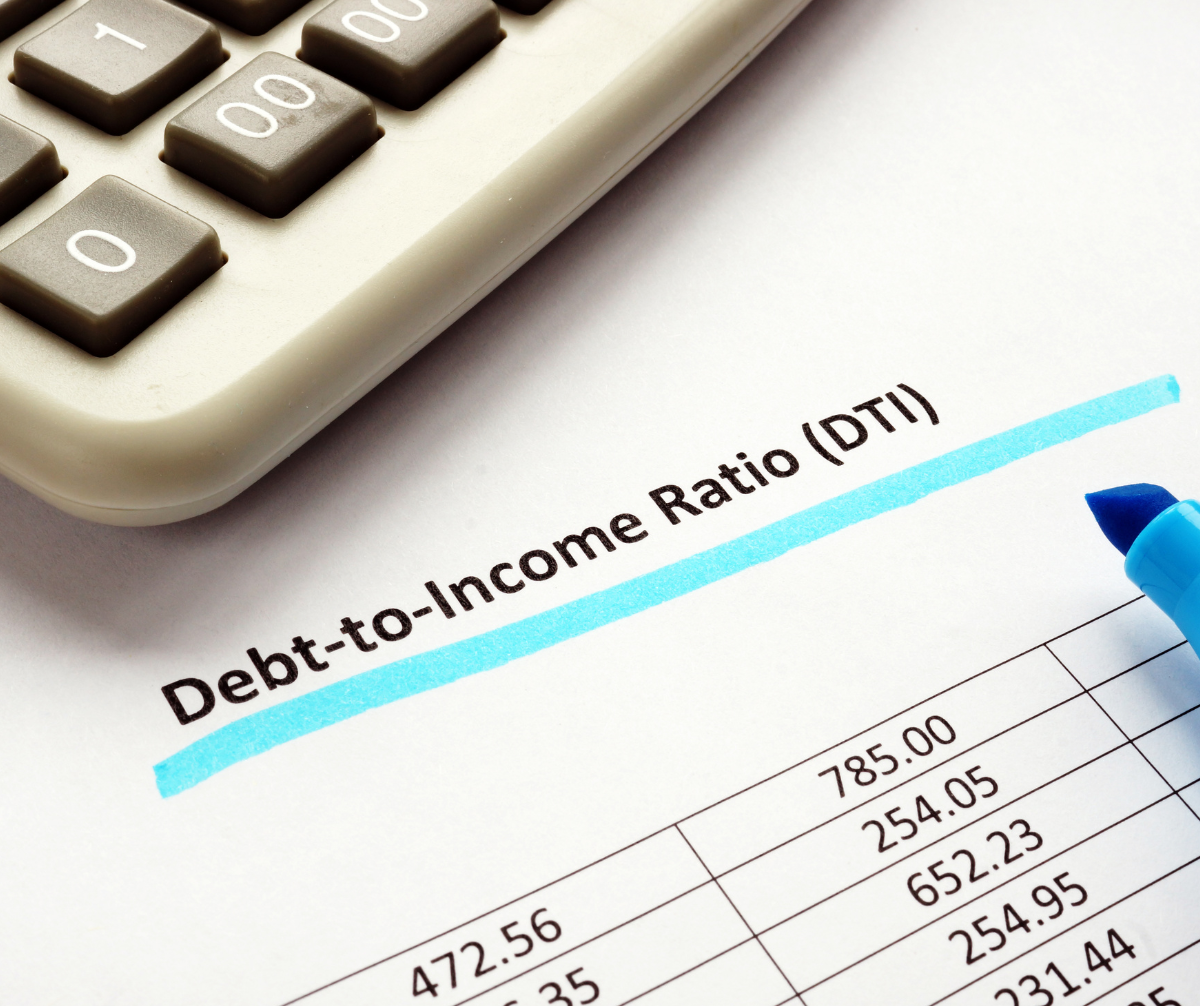
June 13, 2023
Applying for a mortgage? Your debt-to-income ratio is a key number. Lenders care about how much money you spend each month on your credit cards, student loans and auto loans. The less of a financial burden your monthly debts are, the more likely you are to not miss any mortgage payments.
What exactly is your debt-to-income ratio?
Your debt-to-income ratio measures how much of your gross monthly income your monthly debts eat up. The lower this ratio, the better it will be when you are applying for a mortgage.
How do I calculate my debt-to-income ratio?
To determine your debt-to-income ratio, divide your monthly debts into your gross monthly income.
Say your gross monthly income is $6,000. You pay $2,000 a month in monthly debts, a figure that might include any payments you’re required to make for student, personal or auto loans and the minimum payments you must make each month on your credit card debt.
If you divide $2,000 by $6,000, you are left with a sum of about 0.33. Translate that into a percentage, and you come out with a debt-to-income ratio of 33%.
Your debt-to-income ratio will rise or fall depending on your gross monthly income and monthly debts. Say your gross monthly income increases to $7,000 and your monthly debts remain the same at $2,000. Your debt-to-income ratio is now only about 29%.
What debt-to-income ratio should I aim for?
Mortgage lenders vary, but most want your total monthly debts, including your estimated new mortgage payment, to equal no more than 43% of your gross monthly income. You’ll be a more attractive borrower if you keep your debt-to-income ratio at or below that 43% level.
This doesn’t mean that you can’t qualify for a mortgage with a higher debt-to-income ratio. But if you do, your mortgage might come with a higher interest rate, which will mean a higher monthly payment.
If you are worried that your debt-to-income ratio is too high, you can take steps to improve it. You can lower your monthly debt load by paying off debts or by lowering the amount you owe on your credit cards. You can also boost your gross monthly income. Both steps will lower your debt-to-income ratio.
What else matters to lenders?
Your debt-to-income ratio is just one piece of the puzzle for mortgage lenders. They’ll also look at your three-digit FICO credit score, a measure of how well you’ve paid your bills and managed your credit. The higher this number, the better, with most lenders considering a FICO score of 800 or higher to be an excellent one. If your FICO score is high, a higher debt-to-income ratio won’t look as bad to a lender.
Lenders will also look at your employment history and the amount of money you’ve saved. Again, the better your overall financial health, the more likely it is that a higher debt-to-income ratio won’t scuttle your mortgage application.